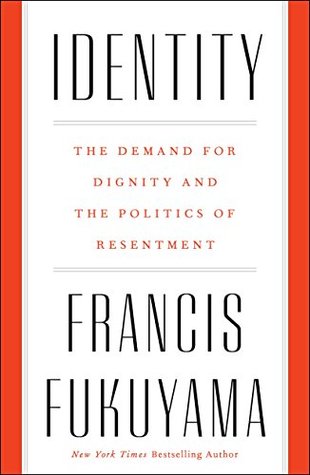Yet Martin Luther stands far from more modern understandings of identity. He celebrated the freedom of the inner self, but that self had only one dimension: faith, and the acceptance of God’s grace. It was a binary choice: one was free to choose God, or not. One could not choose to be a Hindu or a Buddhist or decide that one’s true identity lay in coming out of the closet as gay or lesbian. Luther was not facing a “crisis of meaning,” something that would have been incomprehensible to him; while he rejected the Universal Church, he accepted completely the underlying truth of Christianity.3
Welcome back. Just a moment while we sign you in to your Goodreads account.


